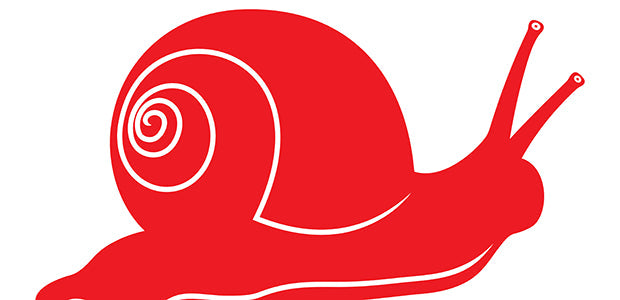The Slow Food movement
Italian journalist and food critic Carlo Petrini called it "a milk run" when a famous fast-food chain set up shop in Rome's main square in 1986.
Petrini understood the magnitude of the Americanization of mass culture and its negative impact on regional cultural identities if we didn't react fast enough. A well-known member of the media, he sounded the alarm and in November 1989 his movement became : Slow Food in reaction to the Fast food. Today, there are over 100,000 members in 160 countries, everywhere, even in Quebec.
Many people have become aware of the problems posed by the homogeneity of tastes and flavors, and the speed with which fast food is consumed. Fast foodand asked the real questions:
- Is it important for me to choose my vegetables at the market?
- Do I want to cook my grandmother's recipes with love?
- Do I enjoy sitting around a well-stocked table with family and friends for hours on end, savoring a good meal?
- What will become of this art of living versus the immediacy of consumerism?
An art of living
The philosophy of Slow Food can be summed up in three words:
- GOOD as in eating fresh, tasty, GMO-free and diverse produce.
- CLEAN: as in food that doesn't harm the planet, so no pesticides, no soil depletion, with respect for farm animals, no growth hormones and no danger to human health.
- FAIR: as in a fair price for farmers and smallholders, and an appropriate price for buyers, who are no longer seen simply as blind consumers, but as conscientious people who, by buying organic and local, through their informed and enlightened choices, create a chain of well-being.
The luxury of taking your time
Between 1965 and 2007 :
- people took 30% less time to cook each day
- families got smaller
- women are increasingly in the workforce
Since the 80s, solutions have been found to these realities: overproduction, stress in the workplace, the "metro-boulot-dodo" system:
- fast-food chains
- drive-throughs
- frozen meals
- ready-to-eat groceries
- microwaves
Have we wisely chosen
- In the United States, 79 million people are obese, many of them children.
- A type 2 diabetes pandemic
- In the rest of the world, 800 million people do not have enough to eat.
Slow Food Montreal
Since 2001, there has been a Slow Food In Montreal, you can become a member and have access to friendly shops that adhere to the values and priorities of this great movement.
To help save local produce, the Ark of Taste project invites people to suggest a domestic or wild product, food or breed at risk of extinction in Quebec.
Whether you're a volunteer or an ordinary citizen concerned about food wastage, the disappearance of bees, sustainable fishing or access to raw-milk cheeses, you can make a difference. Visit their website to learn more about this not-for-profit organization that works to preserve the biodiversity of our food heritage: https://www.slowfoodmontreal.com/.
It's not all plain sailing, but like the movement's logo Slow Food For the snail, stopping for a moment in the frantic race that life has become helps us to be aware and sensitive to the well-being of the planet and its inhabitants. May ancestral values, regional traditions and joie de vivre be more present when it comes to making choices that respect nature and the people who feed on it.


